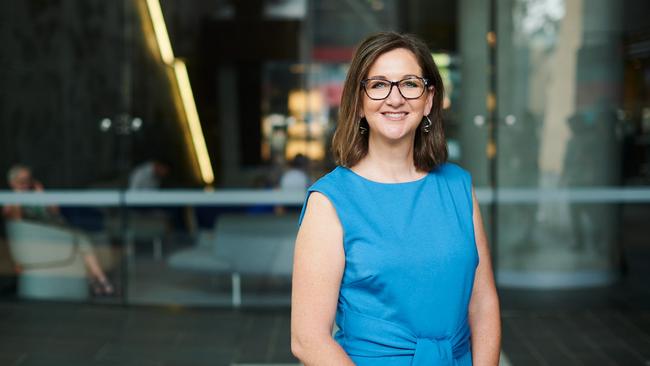SA default market offer power bills to rise by more than $500 for households, more for businesses
It will be a cold hard winter for SA’s poorest electricity users who face hundreds of dollars more on their bills – with warnings everyone will be affected.

SA News
Don't miss out on the headlines from SA News. Followed categories will be added to My News.
Households will battle huge electricity bill increases next year, but many will be saved by a $500 rebate from state and federal government.
The federal government electricity watchdog has approved a huge bill hike, sparking fears some will be forced to choose between food and heating their homes.
From July 1, around 140,000 customers will pay up to 23.9 per cent more for households – $512 – and up to 28.9 per cent more, or $1310, more for businesses.
Directly affected from Thursday’s decision will be about 62,000 households, who will pay on average up to $2789 for the 2023/24 year and 14,000 businesses, on track to pay on average up to $5849.
The price rise announced on Thursday by the Australian Energy Regulator applies to the “default market offer” – and is set as the maximum cost that can be charged in a safety net system for those not shopping around on the open market.
Another 65,000 customers in a similar state scheme are likely to follow within week.
But the flow-on effect is expected to hit all electricity users, the decision described by Energy Minister Tom Koutsantonis as a “savage blow” by the regulator.
“No city was spared and families across the county are suffering from an unprecedented increase,’’ he said.

Softening the blow will be a $500 rebate for 420,000 SA households, around half, with part payments starting after July 1.
SA Council of Social Service CEO Ross Womersley said people were already “at breaking point”.
“We know people are going without food and medicines to pay the bills and try to keep a roof over their heads,” he said.
Households that use an average of 4,011 kWh, will be hit bay an increase of $439, to $2279, or 23.9 per cent
Households that can save by turning off appliances at peak times also use more power on average, so they face average bill increase of $512, to $2787, or 22.5 per cent.
Businesses will also be hard hit, with a $1,310 increase to $5849, or 28.9 per cent.
St Vincent de Paul Society spokesman Gavin Dufty warned the vast majority of people who had switched to market offers would not escape.
“The government-controlled offer does indicate that electricity prices for those on market offers will have either already gone up, or will soon go up, depending on what contract households are on,’’ he said.
“But for those who are on the (controlled) default market offer, moving to a market offer can still save you in the order of $400 each year.”
The default market offer system was established to protect the vulnerable when companies were first allowed to poach each other’s customers.
It is now cheaper to switch to a contested market offer from electricity retailers operating in SA.
The AER regulates prices for New South Wales, South Australia and southeast Queensland, and this year SA has the biggest price increase for businesses.
For those wanting to switch, Canstar currently ranks the cheapest market offer providers in SA as: EnergyAustralia, Origin Energy, Simply Energy, AGL and then Alinta Energy.
Owner of KC Leather in Topham Mall, Emanuel Karakulak, said electricity bills were a constant problem for business owners.
“We will make changes like energy-saving lights, and soft-start airconditioning, but then the money you save gets taken away again when the bills go up,’’ he said.
The announced hikes could have been far worse, but federal government intervention saved users from increases of between 35 to 50 per cent.
In December it granted eligible households the $500 rebate and for businesses $650.
To blame for the price hikes were rampant coal and gas prices caused by the Russian invasion of Ukraine, which prompted the $1.5bn national bill relief package in December.
AER chair Clare Savage said it had been a “difficult decision” but that high wholesale energy costs continued to drive up retail prices.
Opposition energy spokesman Stephen Patterson said the increases were alarming.
“South Australians are living through a cost of living crisis and today’s price hikes will mean families and businesses will be paying hundreds of dollars more a year for electricity,” he said.
Read related topics:Cost of Living




